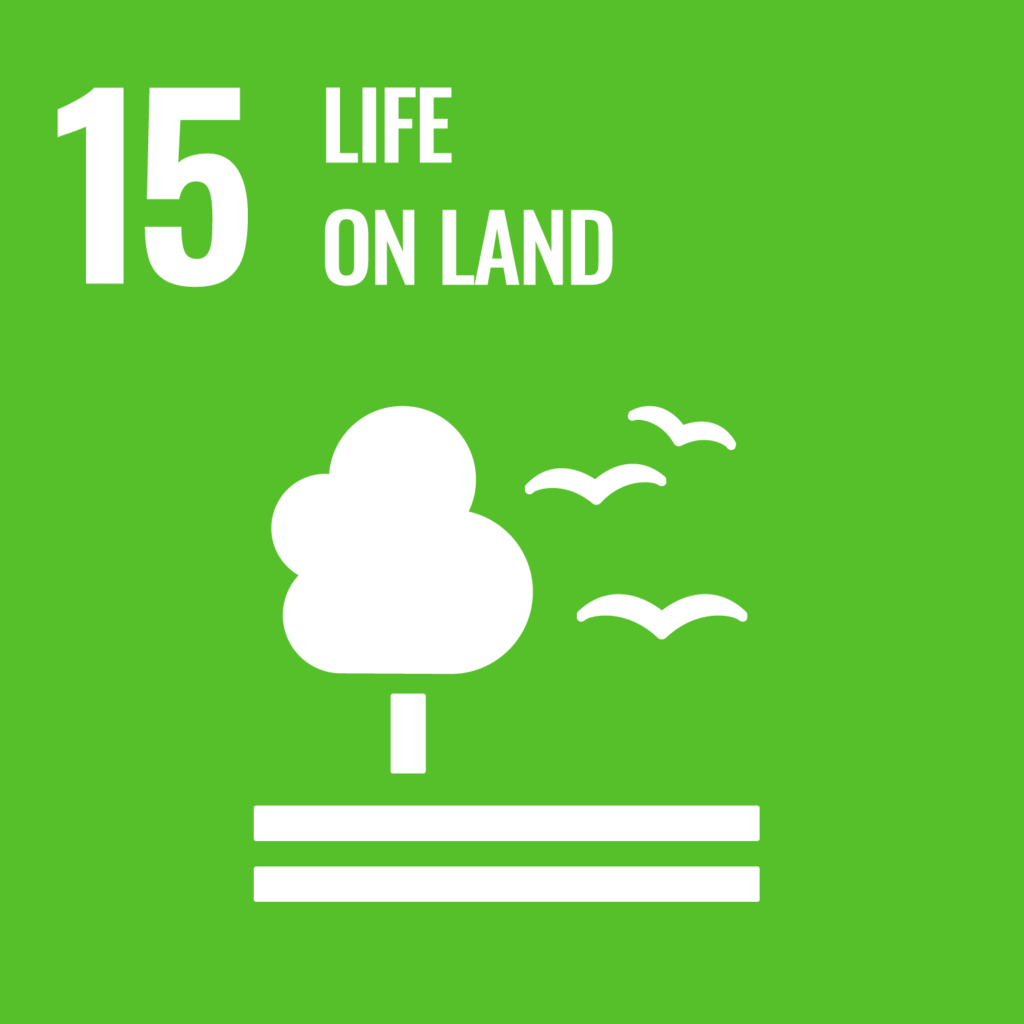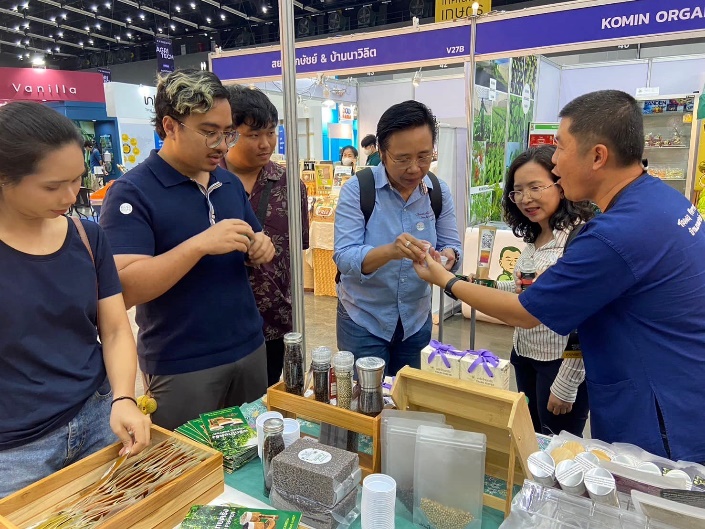Reporters: Asst.Prof.Dr. Prapot Maliwan
Assoc.Prof.Dr. Pornsil Seephueak
Asst.Prof.Dr. Nion Chirapongsathonkul
Asst.Prof.Dr. Worawitoo Meesook
Evidence Date: during 2023 Jan-Dec
Related SDGs:

Related Indicators:
Details: 15.4.2
The research project “Eco-Friendly Fish Cages from Recycled Plastic for Sustainable Aquaculture Industry Development,” led by Kattinart Sakunsawasaphan from the Faculty of Science and Technology of Fisheries, Rajamangala University of Technology Srivijaya, explores innovative ways to develop sustainable fish farming methods using recycled plastic. This study focuses on designing fish cages made from high-density polyethylene (HDPE) plastic, experimenting with three different ratios of new to recycled plastic pellets: 70:30, 50:50, and 30:70. Findings indicate that all three experimental designs successfully produced durable, prototype fish cages. When tested in challenging natural conditions, these cages demonstrated remarkable resilience to adverse weather, making them ideal for both coastal and offshore aquaculture in Thailand. Moreover, the eco-friendly fish cages did not negatively impact the health of fish and showed no lead or cadmium accumulation in the fish muscle or liver, ensuring a safe environment for aquaculture.
The economic analysis revealed that these sustainable fish cages outperform traditional ones in terms of investment returns. Specifically, the prototypes had a return on investment (ROI) of 134.71, 134.81, and 134.91, respectively, compared to the 94.51 ROI for traditional cages. Furthermore, the project applied these eco-friendly cages to ecotourism development in Sikao District, Trang Province, introducing half-day eco-tours featuring the sustainable fish cages. These tours operate during specific high-tide periods and provide hands-on educational experiences about sustainable aquaculture practices. Survey results show a high level of visitor satisfaction with the eco-tourism activities, with an overall satisfaction score of 4.54 out of 5. This research not only supports sustainable aquaculture but also promotes community involvement and awareness through ecotourism, contributing positively to environmental conservation efforts.

Related Links:



